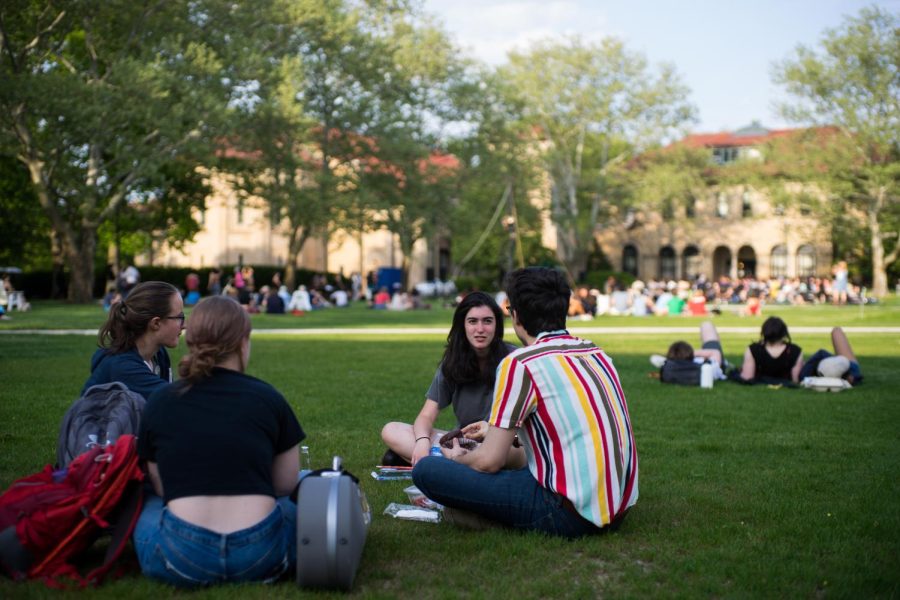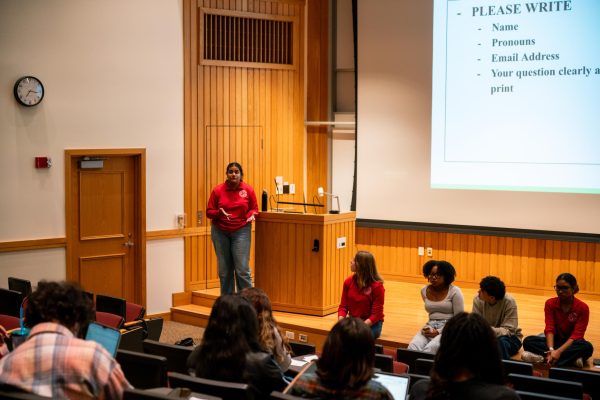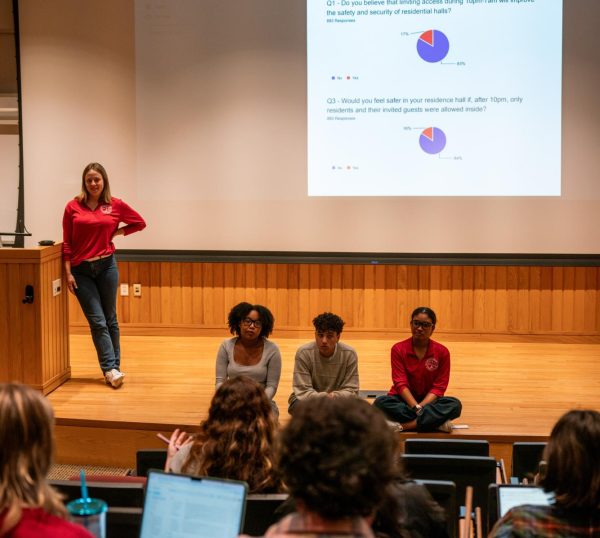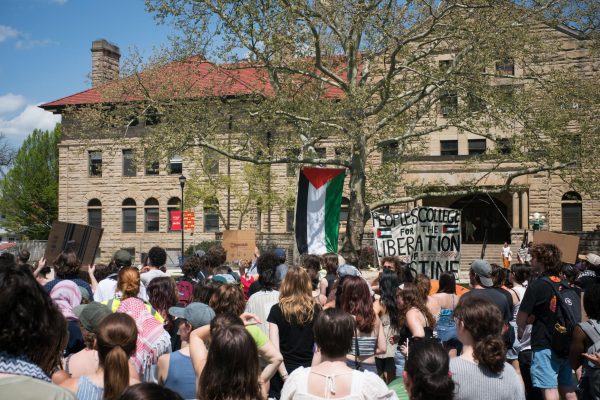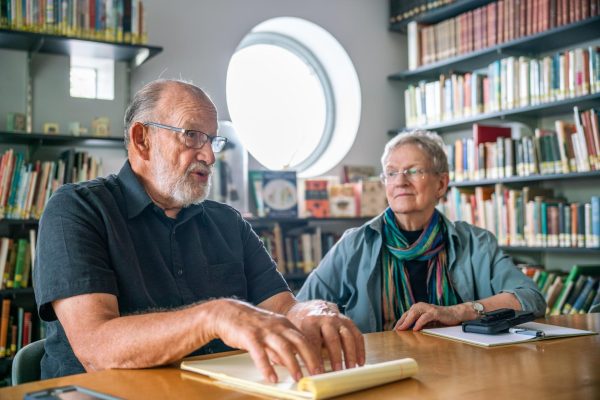New Task Force Seeks to Strengthen Campus Life
The Vibrant Campus Life Task-Force is using quantitative and qualitative data to assess the state of student life on campus.
The Division of Student Life launched the Vibrant Campus Life Task-Force earlier this semester in order to improve students’ experiences of campus life and culture. The task force plans to gather data and create recommendations in five key areas: student satisfaction, retention, social media engagement, campus events, and transportation.
Associate Dean of Students Thom Julian formed the task force which consists of 12 members: two Arts and Sciences faculty, one student from the Conservatory and three from the College, a representative from Admissions, a representative from the Athletics department, and four Student Affairs professionals from areas such as Residential Education and the Center for Student Success.
The task force is currently conducting a Student Satisfaction and Engagement survey disseminated via email on May 9, which asks students for feedback on a variety of topics including satisfaction with dining options, transportation to Cleveland, student organizations, and sense of belonging on campus.
“As [Vice President and Dean of Students Karen Goff] transitioned into the institution, it was essential to gather a comprehensive view of the current Oberlin College student experience and identify intentional ways of improving that experience,” Julian wrote in an email to the Review.
Besides the survey, the task force will also collect qualitative data about campus life. College fourth-year and task force member Charlotte Glessner-Fischer has led student focus groups, including a Conservatory group, an Athletics group, a group for students involved in identity-based organizations, and groups for students from urban and rural areas.
“We figured that having a student, and also a POC student, [running the group] would be better because it would allow for students to open up and share more honest answers than they would have if it was just random staff,” Glessner-Fischer said.
Associate Director of Student Activities Sean Lehlbach is also serving on the task force, which he hopes will allow him to better understand what students are looking for in terms of campus engagement.
“I volunteered to be on the task force because of my involvement with student activities here at the school,” Lehlbach said. “Some of the main reasons why I’m on it is because I want to garner more information about things and events that will be more useful or even more well-attended.”
Lehlbach is largely responsible for the implementation of a new platform to facilitate streamlining of student engagement tasks. The app, named Presence, will be released next year and will create a centralized platform for aggregating campus events, making financial requests for campus organizations, and taking attendance at events.
The task force also hopes the platform will help space out events in order to minimize overlap which causes organizations to compete with each other for student attendance.
“I think what we’re seeing this semester is very similar to what the previous year was, where there is actually too many events happening at once,” Glessner-Fischer said. “What I would really love to see is a central location for all of these events to be published … so when people are planning their future events, they’re able to see what else is happening on that date.”
According to Julian, the initial work the task force has done has been met with enthusiasm from students.
“Recent student engagement on-campus has been extremely high, and we have received good responses to our survey,” Julian wrote.


